Should you wear a coronavirus face mask? Here’s the truth about how to use them
They’ve become the hottest accessory of 2020, but people are mostly doing face masks wrong. Here’s the truth about when and how to use them.
Amid the coronavirus epidemic, surgical face masks have become the most sought after accessory of 2020, leading to sold out shelves across the world and inflated prices online.
But do they really work in protecting you from disease?
The World Health Organisation’s (WHO) official advice is that “if you are healthy, you only need to wear a mask if you are taking care of a person with suspected 2019-nCoV infection.
Those who are sick can wear a mask if they are coughing and sneezing, but they are “effective only when used in combination with frequent hand-cleaning with alcohol-based hand rub or soap and water.”
“If you wear a mask, then you must know how to use it and dispose of it properly.”
RELATED: Follow the latest coronavirus update
RELATED: Should I cancel my travel plans?
The WHO also said that before putting on a mask strict hygiene rules should be followed including cleaning hands with alcohol-based hand rub or soap and water.
“Cover mouth and nose with mask and make sure there are no gaps between your face and the mask,” it said.
“Avoid touching the mask while using it; if you do, clean your hands with alcohol-based hand rub or soap and water.”
Critically, the mask needs to be changed as soon as it is damp and cannot be used again.
“To remove the mask: remove it from behind (do not touch the front of mask); discard immediately in a closed bin; clean hands with alcohol-based hand rub or soap and water.”
The agency has published mythbusters on the disease and is battling an “infodemic” of false information about how coronavirus spreads.
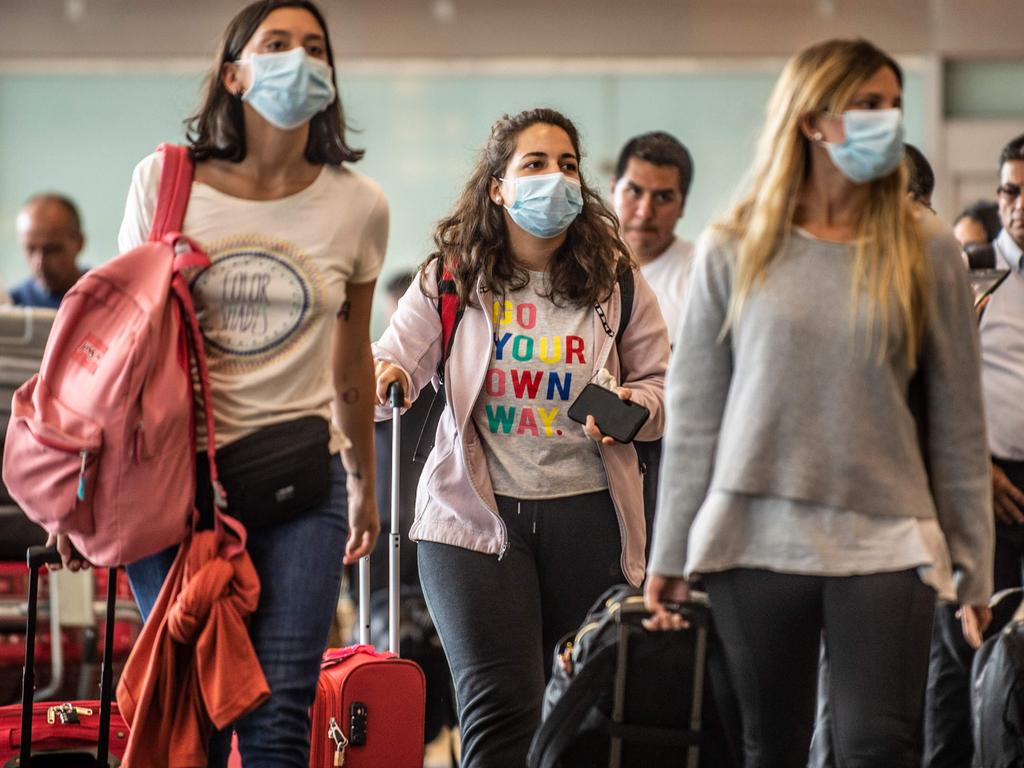
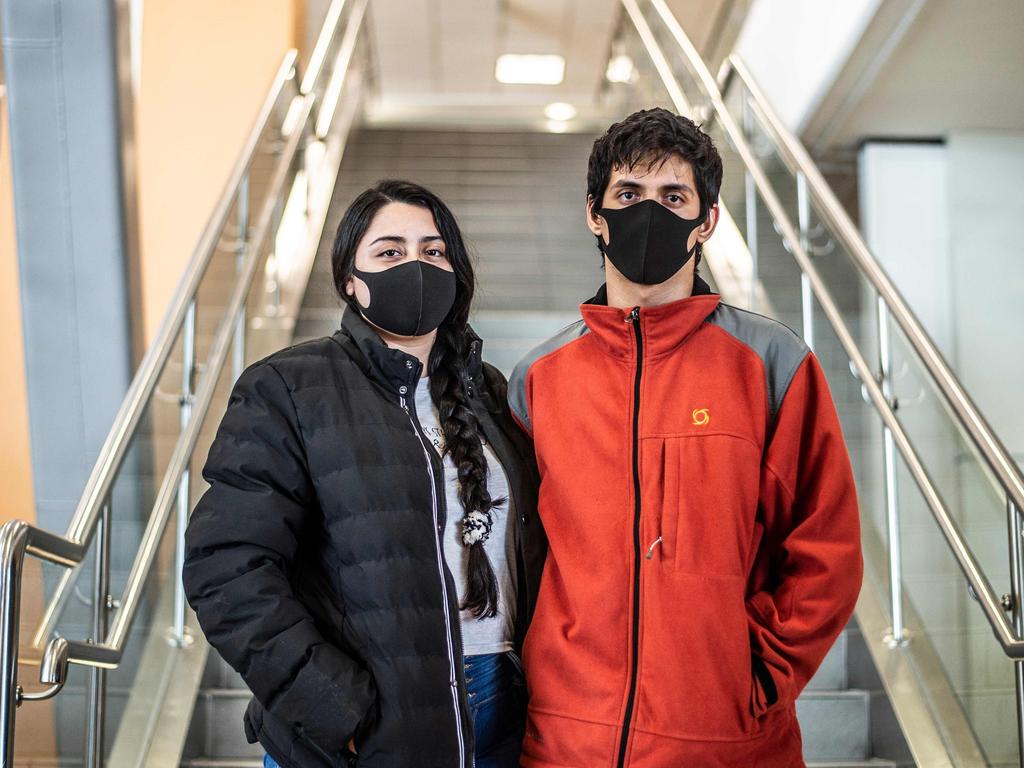
It comes as more than 82,000 around the world have been infected from the disease that experts claim is heading for pandemic status.
Australia’s Chief Medical Officer Brendan Murphy said there was a strong likelihood of more cases in Australia but insists good personal hygiene, particularly hand washing, was one of the best lines of defence.
“No one should go around wearing and wasting face masks, please,” Professor Murphy said.
A Brisbane pharmacy has been forced to limit the sales of masks to five per person after a run on the limited supplies.
Public Health England’s head of emerging infections Dr Jake Dunning said there is “very little evidence of a widespread benefit” in members of the public wearing masks.
“Face masks must be worn correctly, changed frequently, removed properly, disposed of safely and used in combination with good universal hygiene behaviour in order for them to be effective,” he told the Independent.
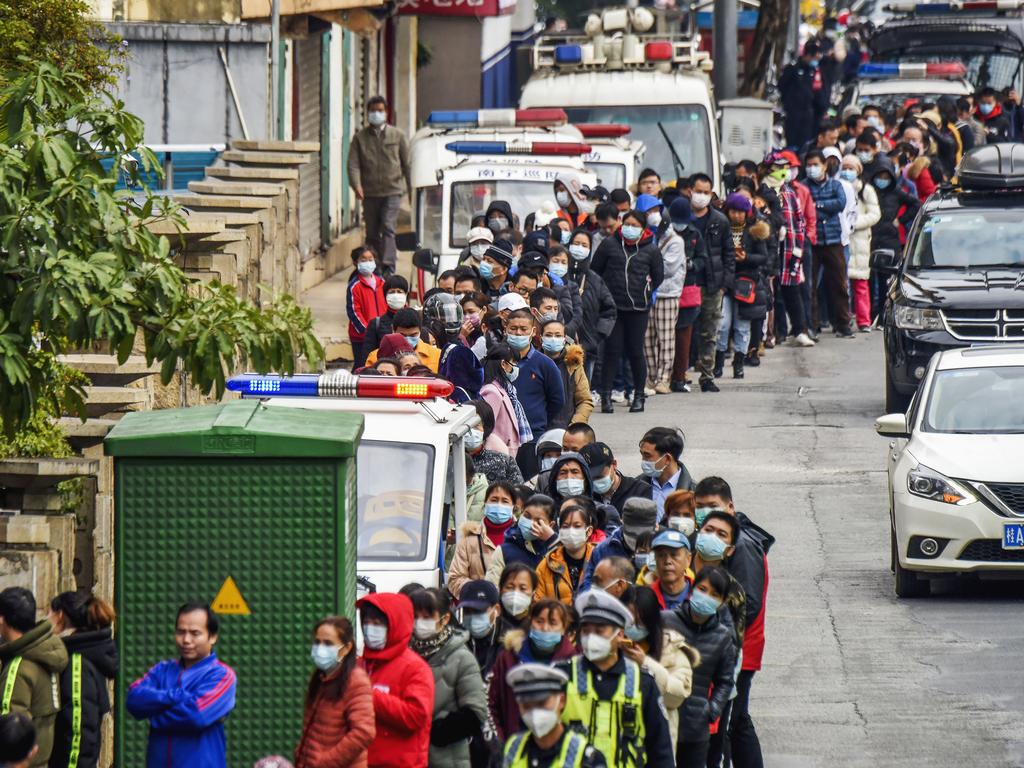
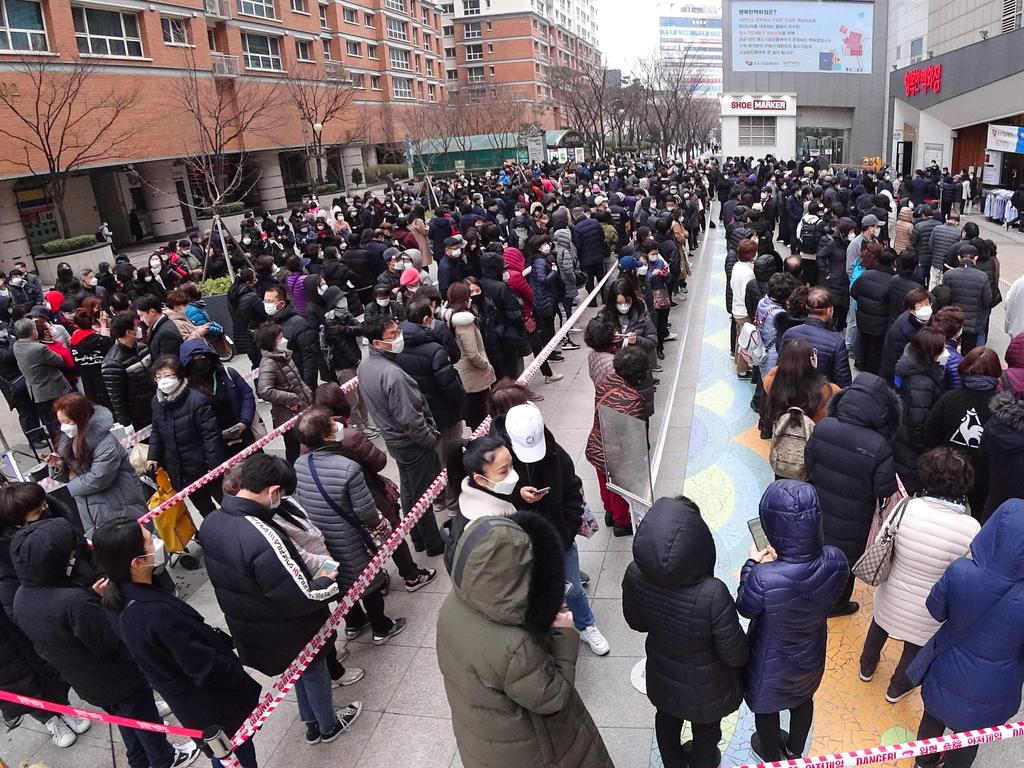
In Asia there has been a run on face masks with long queues of people lining up to buy them. Toilet paper and tissues have also flown off the shelves amid claims they could be used as substitutes.
Some industry officials claim shortages are not just due to high demand but disruptions in supply.
Around 50 per cent of the world’s surgical masks are made in China. But even factories there that have ramped up demand say they are hard pressed to meet local demand. The government has taken over manufacturers, and exports have plunged.
“Before the outbreak of the epidemic, we used to export 600,000-700,000 surgical masks a month, but now the amount is zero,” David Peng, manager of Ningbo Buy Best International Trading Co. in Ningbo, south of Shanghai, said.
The company’s dozen or so suppliers in Hubei, near the centre of the outbreak, have been ordered to prioritise government orders.
Apart from shortages of workers, manufacturers say they are struggling to get enough raw materials to make the masks.
“At present, we only receive inquiries from abroad and are trying to negotiate with overseas customers to see whether it is possible to deliver a few months later,” said Tony Zhou, sales manager for Suzhou Sanical Protective Products Manufacturing Co.
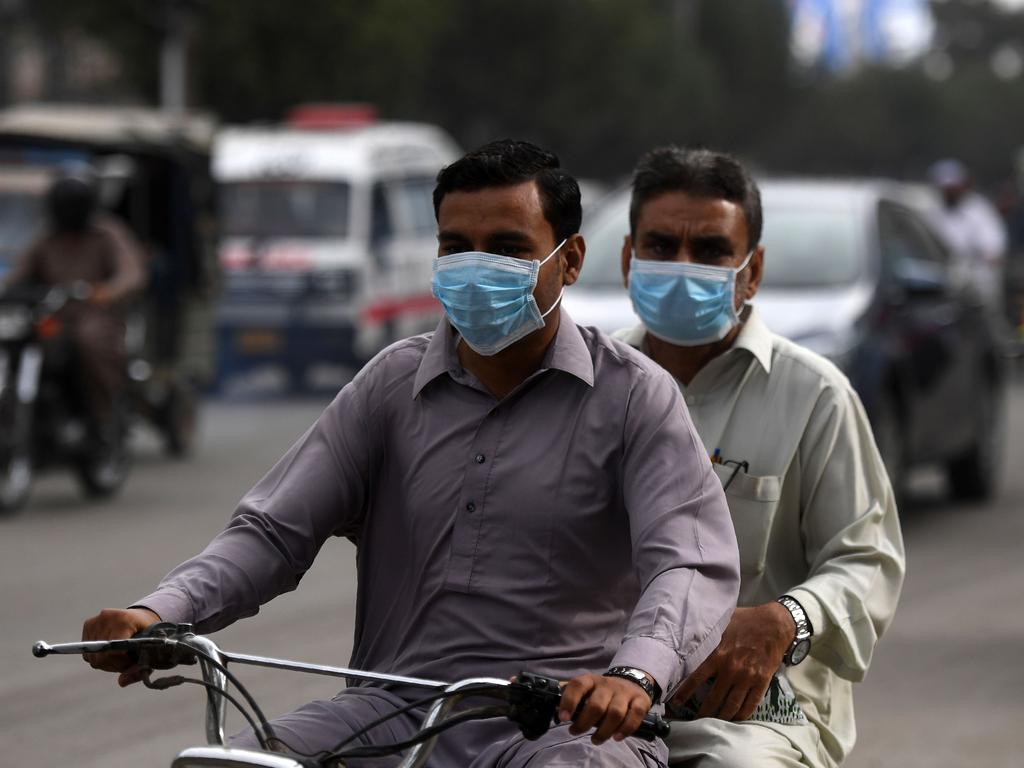
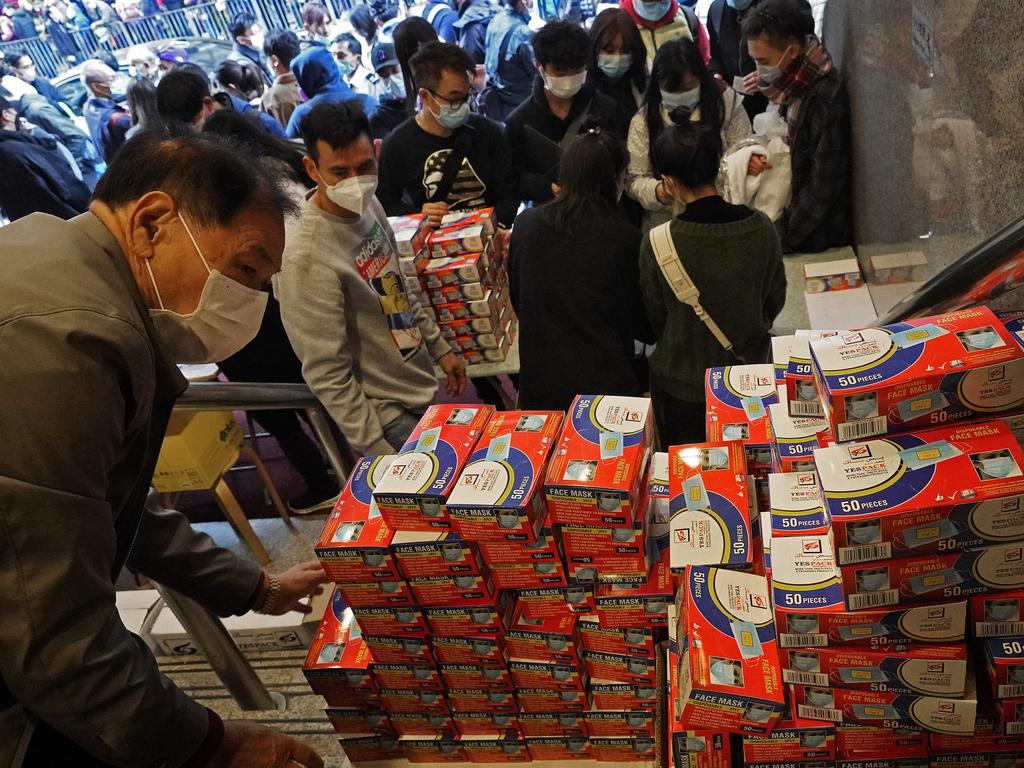
In the US sales have also spiked with Home Depot limiting sales to 10 per person.
Marc Jaconksi, owner of Stanley’s True Value Hardware and Rental store in Philadelphia, said he saw a surge in demand for masks, particularly the N95, two weeks ago.
But since Tuesday, when the U.S. Centers for Disease Control and Prevention warned that the virus will almost certainly spread in the U.S., sales went through the roof.
“We would be crazy busy with snow, but we are not getting snow,” he said. “We’re crazy busy with respirators.”
Still, the US CDC doesn’t recommend that people wear masks to protect themselves from the virus.
The CDC says people infected – or those showing symptoms such as fever and shortness of breath – should wear masks to avoid spreading it to others. Health care workers also need masks, the agency said.
Mike Gania of the American Society of Health-Systems Pharmacists said some hospital pharmacies are saying that they have only a one- to two-week supply of masks and that the major wholesalers are unable to fill orders.
Within hospitals, surgical masks are worn by operating room teams – doctors, nurses, anaesthesiologists – and frequently by pharmacists. Staff members caring for patients with dangerous infections wear the N95 masks.
– With wires



